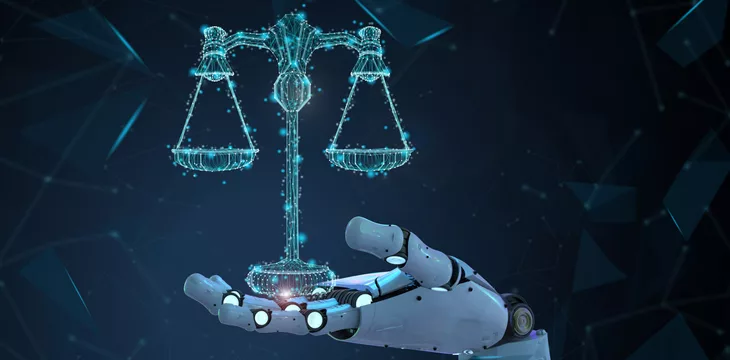|
Getting your Trinity Audio player ready...
|
India has issued an advisory asking “large” companies using artificial intelligence (AI) tools or generative AI models to get government approval before rolling it out to the public. The Ministry of Electronics and Information Technology’s (MeitY) advisory does not apply to startups.
The advisory also asks technology companies to ensure their AI tools, products, or services
“do not permit any bias or discrimination or threaten the integrity of the electoral process.” The world’s most populous country will hold its national elections in the summer, where Prime Minister Narendra Modi’s Bharatiya Janata Party is widely expected to secure a clear majority and hold office for a third term, bolstered by a robust economy.
“Advisory is aimed at untested AI platforms from deploying on the Indian internet,” Deputy IT Minister Rajeev Chandrasekhar clarified on X.
Seeking permission from MeitY is only for “large platforms and will not apply to startups,” Chandrasekhar added.
The advisory comes days after a user claimed that American search major Google’s (NASDAQ: GOOGL) AI platform Gemini threw biased responses when asked if PM Modi was a fascist. Google apologized to the Indian government for Gemini, stating the platform was “unreliable.”
Google’s Gemini had also come under criticism elsewhere and had to temporarily pause its AI-generated images feature after it produced results that distorted the ethnicity and gender of historical figures.
However, India’s advisory has been criticized by several tech companies. Martin Casado, a general partner at venture firm Andreessen Horowitz, said on X, “What a travesty. Requiring government approval to deploy a model… It’s anti innovation. It’s anti public. And we all lose…”
Aravind Srinivas, chief executive of Perplexity.ai, said on X that the advisory was “a bad move by India.”
But, India’s Chandrasekhar quickly replied, clarifying that there are legal consequences under existing criminal and IT laws for platforms that enable or directly produce unlawful content.
“So best way to protect urself is to use labelling and explicit consent and if ur a major platform take permission from govt before u deploy error prone platforms [sic],” he said on X.
“India believes in AI and is all in not just for talent but also as part of expanding our digital and innovation ecosystem. India’s ambitions in AI and ensuring internet users get a safe and trusted internet are not binaries,” Chandrasekhar added.
The advisory leaves out startups, considering India now has over 1,00,000 startups and 113 unicorns, with the potential to add 10,00,000 startups and 10,000 unicorns in the coming decade.
India is expected to release a draft regulatory framework for AI by July to use the technology for economic growth while setting up guardrails to prevent misuse.
In order for artificial intelligence (AI) to work right within the law and thrive in the face of growing challenges, it needs to integrate an enterprise blockchain system that ensures data input quality and ownership—allowing it to keep data safe while also guaranteeing the immutability of data. Check out CoinGeek’s coverage on this emerging tech to learn more why Enterprise blockchain will be the backbone of AI.
Watch: India is going to be the frontrunner in digitalization
Recommended for you
British lawmakers of the parliamentary national security committee have called for a temporary ban on political parties receiving donations in
Circle (NASDAQ: CRCL) soared in 2025 thanks to U.S. ‘regulatory clarity,’ but can this momentum survive a ban on crypto

 02-26-2026
02-26-2026 




